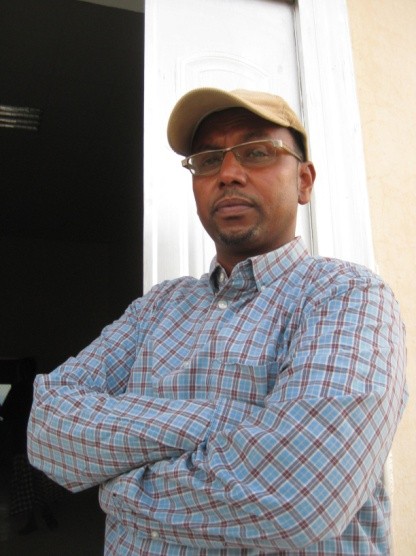
Abdirisaq Noor saw a fundamental problem with Somaliland livestock: branding. Noor was not referring to marking livestock with a hot iron, but the marketing of Somali livestock.
“You can taste the difference in Somali livestock meat. It’s fresh, it’s grass fed, it’s organic,” he explains. “But until now, no Somali has branded their livestock meat as organic and free range.”
Somaliland steak starts with nomadic pastoralists who sell their livestock herds to traders, who then ship the animals to buyers overseas. Traders often accept low prices, since Somali animals are low-weight compared to international norms. Many importers then fatten the animals before re-selling them to consumers in their countries at a premium price.
The International Livestock Raising Company (ILRC) is a first of its kind for Somalis. Nowhere else has a business tried to modernize the livestock trade by combining fattening, animal health and distribution in the same place.
Somali diaspora members have invested in the modern ranch over the past two years. But when more funds were needed, Noor turned to USAID’s Partnership for Economic Growth matching grants program.
Partnership capital will now allow the company to start growing its own fodder to fatten up livestock in Somaliland. The company will purchase fodder seeds, a drip-kit irrigation system and a hay-baling machine, and arrange for more training.
If it goes well, Somali pastoralists will soon be able to sell to exporters animals that are not only organic and grass-fed—but plump and high-priced as well.
USAID contributed nearly $1 million in matching grants to small Somali enterprises in 2012, supporting stability through economic growth. Grantees focus on local job creation and high quality products.







Comment
Make a general inquiry or suggest an improvement.